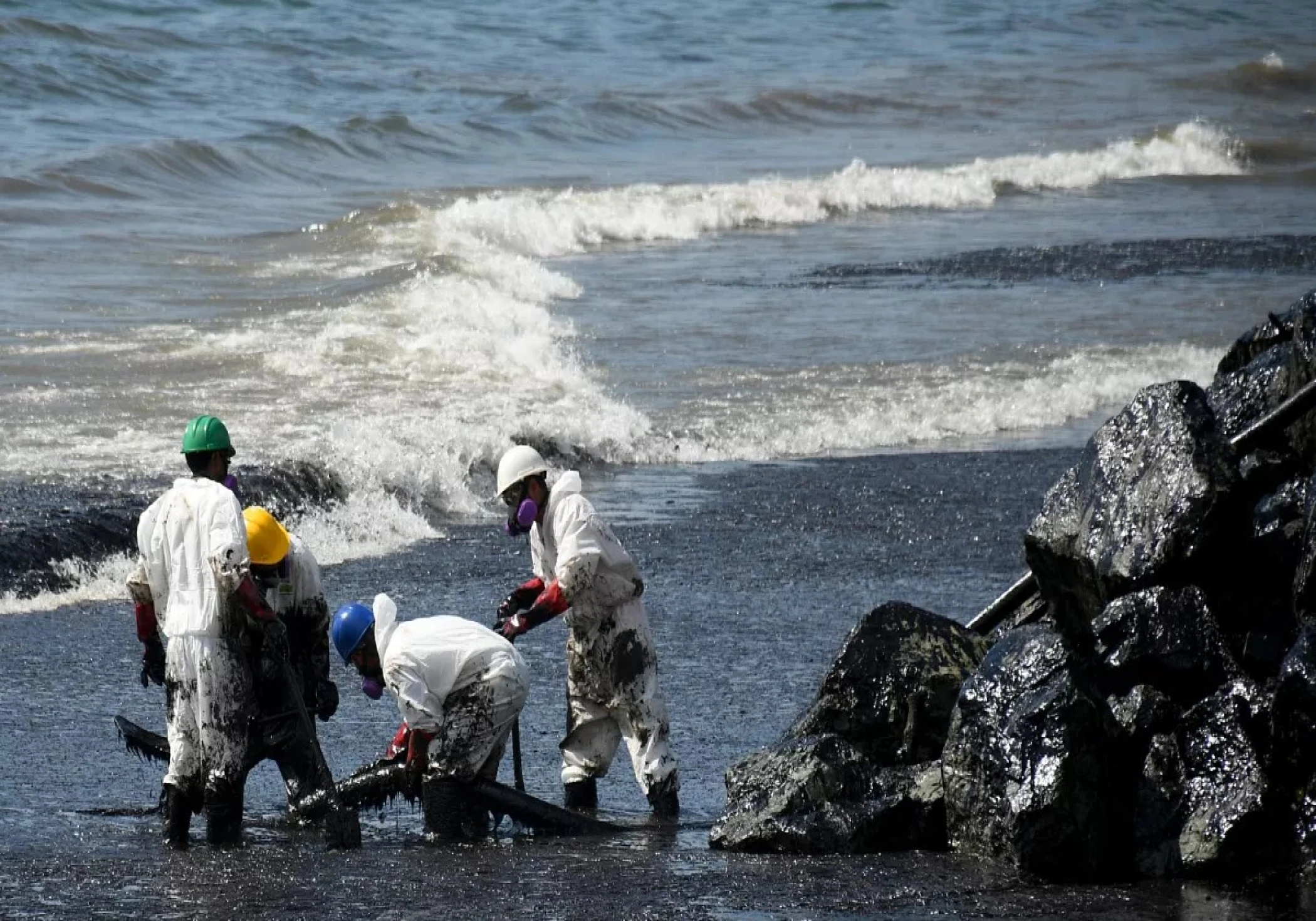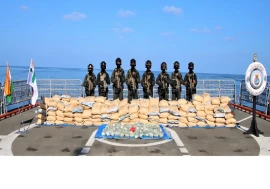
A distressing incident unfolded as a mysterious vessel, dubbed the "ghost ship," capsized off the nation's southwestern coast. The resulting spillage of fuel oil has triggered an environmental crisis, with Prime Minister Keith Rowley acknowledging the situation as "not under control." Efforts by volunteers and emergency responders to contain the damage are ongoing, yet the impact continues to escalate.
Designated a "Tier II" national disaster by Trinidad's government, there are discussions about elevating it to a "Tier III" event, necessitating international intervention. Prime Minister Rowley, along with Chief Secretary Farley Augustine, conducted an on-site assessment to strategize response measures.
The vessel, identified as Gulfstream, lacks an active status in international shipping records, hinting at clandestine operations. Despite efforts, authorities have scant information about its origins or cargo, believed to be sand and lumber.
The spillage, affecting approximately eight miles of coastline and a coral reef, poses a grave threat to the region's tourism-dependent economy, particularly during the carnival season. With the potential for further spread, urgent action is imperative to mitigate environmental and economic repercussions.

